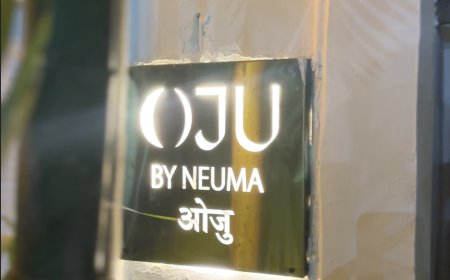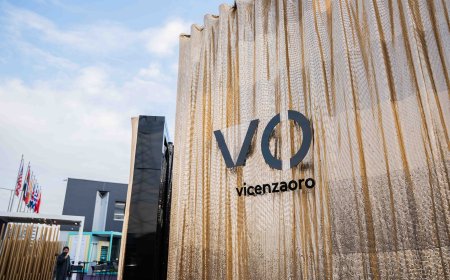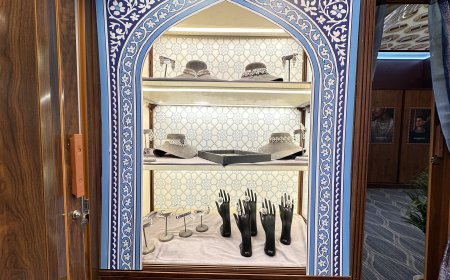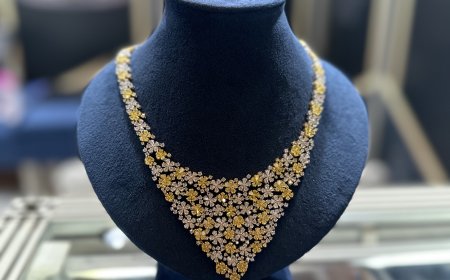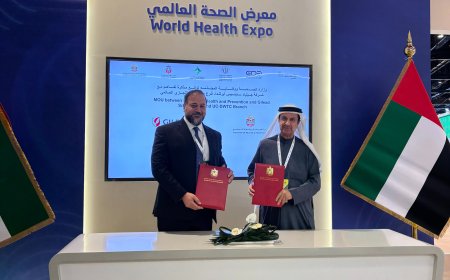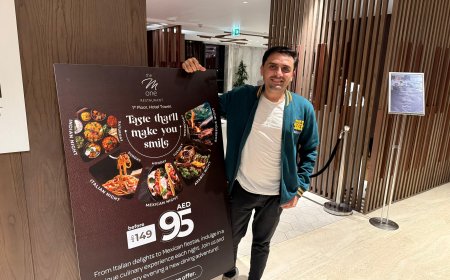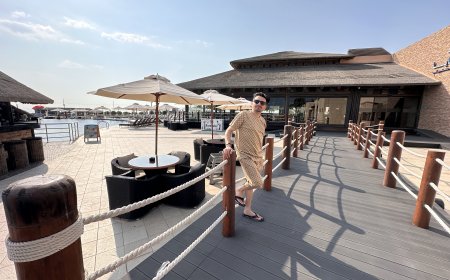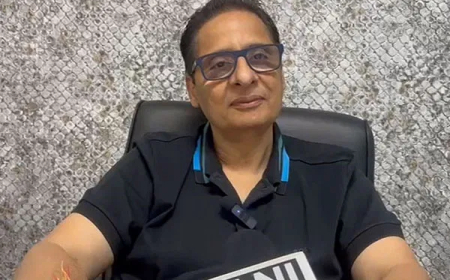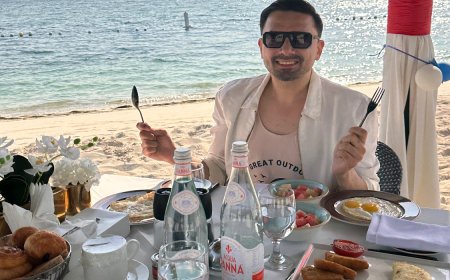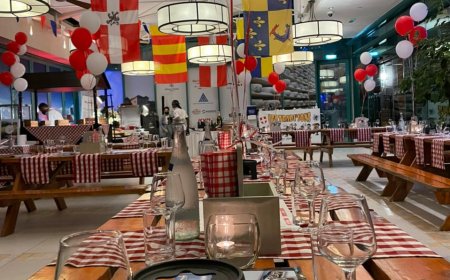‘Yes Chef!’: How gourmet French sea salt has taken over Middle Eastern kitchens
What may seem like a cursory ingredient adds quite some spunk to the lucky cuisine.
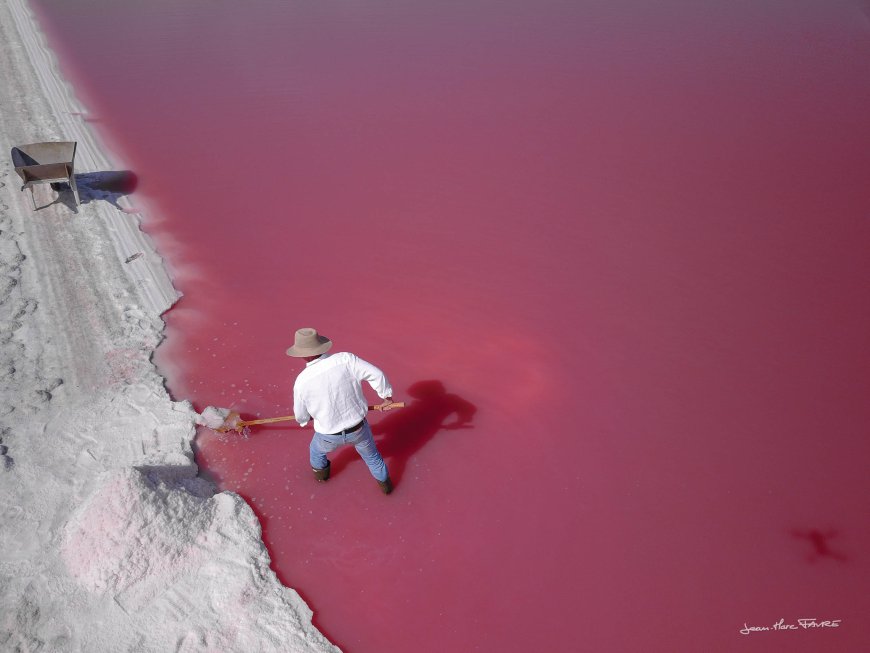
Dubai-UAE. 01 July 2024 – On the edges of the pristine, deepest-blue waters of the French Mediterranean coast, the vast Aigues-Mortes marsh glistens with bright, crisp crystalline flakes. The salty tang of sea air on a September morning sees sauniers, or ‘farmers of the sea’, exuding an unspoken savoir-faire harvest nature’s very own white gold.
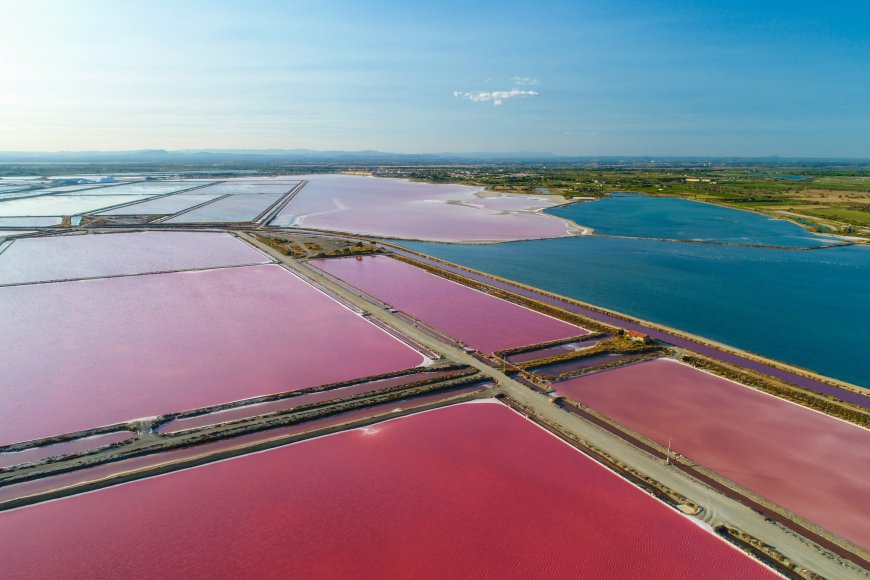
The sauniers channel seawater into the salt pans, shallow ponds where it is collected and evaporated to leave behind the produce. But it’s not just any salt. La Baleine sea salt is of 100% marine origin, historically used by French families since 1934, known for its purity and clean, distinctive flavor. Fine, coarse and fleur de sel are among the varieties the brand offers, produced by the sun and wind’s renewable energy to retain essential minerals.
Salt producer La Baleine is part of Salins, a French group created in 1856. It was born in the Camargue[1] region, south of France, home to Aigues-Mortes and a mesmerizing, 140,000-hectare landscape where pink flamingos roam free. In fact, flamingoes’ bright hue is a result of high-salt waters, where small shrimps feed on microalgae rich in beta carotene. The wading bird consumes the small shrimps, resulting in the metabolization of pink into their feathers.
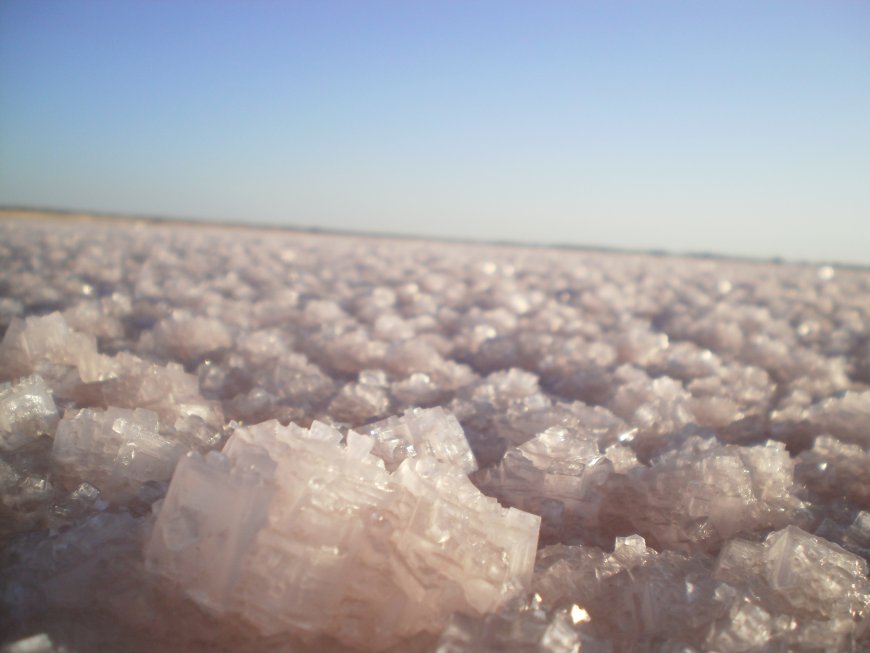
The vast salt marshes of Aigues-Mortes are both a production site and protected ecological reserve. Natural evaporation methods used minimize environmental impact, with sauniers working hard to conserve the marine environment, ensuring a delicate balance within the ecosystem.
“Chefs everywhere, including the Middle East, are becoming increasingly conscious of the origins of their produce. There is growing demand for transparency about where and how food and its ingredients are sourced, with a strong preference for naturally produced items harvested sustainably and in harmony with nature,” says Franck Heurtebise, Salins Group Marketing Director.
Today, La Baleine celebrates its 90th anniversary. The brand’s entry into the UAE market in 2016 also marked its expansion into the Middle Eastern markets of Bahrain and Saudi Arabia. In 2025, the company will mark thirty years of its presence in the region, a journey that started in Lebanon.
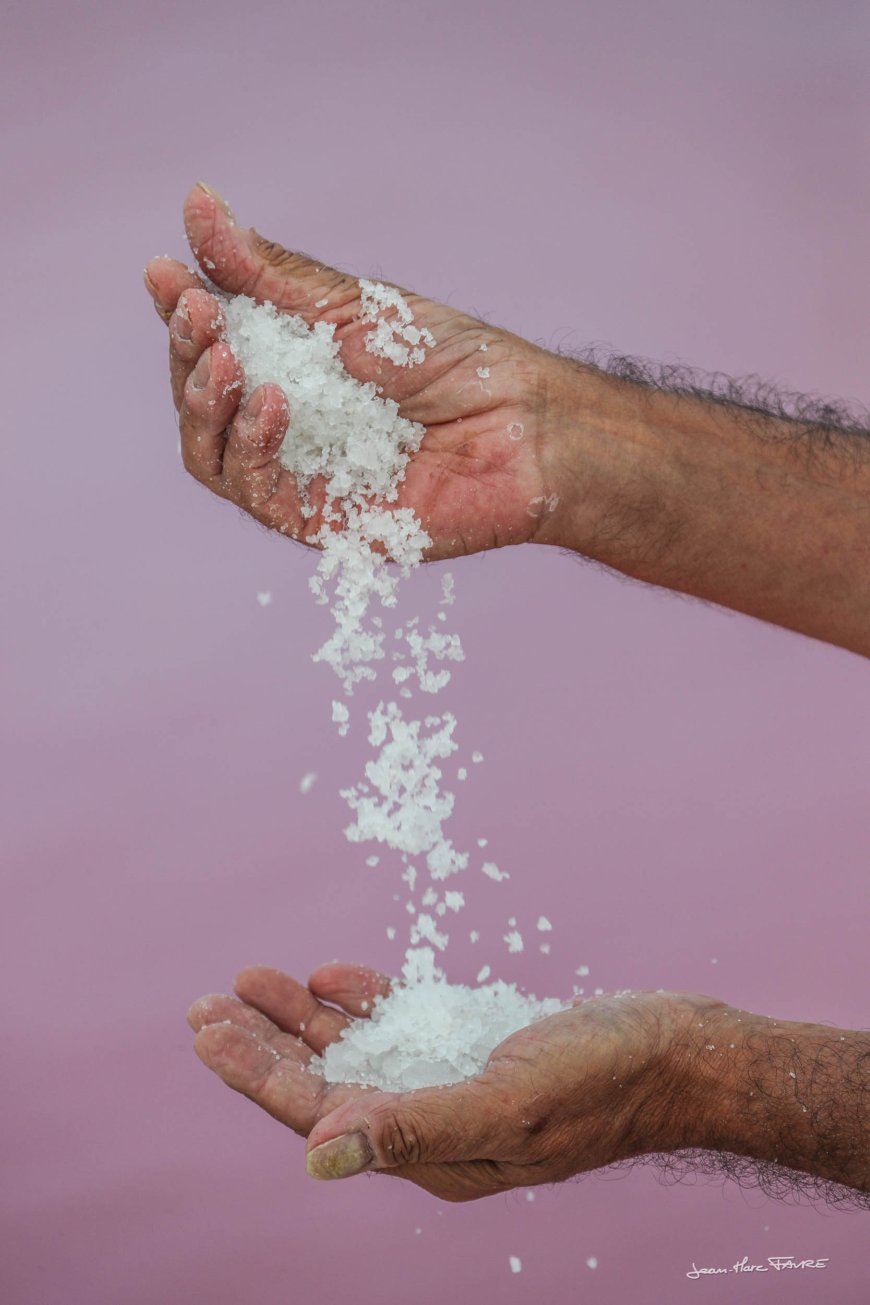
The global market for specialty sea salt is valued at $553.6 million by 2024 end[2], as people around the world seek the finest flavors for their kitchens. The Middle East is no exception, where the market is forecast to grow at a CAGR of 3.8% between 2023 to 2030[3]. . But this trend is not just down to demand for the best produce; it is also due to an increasingly environmentally conscious public, who are turning to sustainably sourced salt as they become more aware of the environmental impact of conventional harvesting practices. .
“Sustainably sourced produce is often perceived to be healthier and safer. At Salins Group, we provide customers with salt products that have the lowest carbon footprint in the industry through production processes focused on conserving energy and resources – which ensures no harm to the environment,” explains Heurtebise.
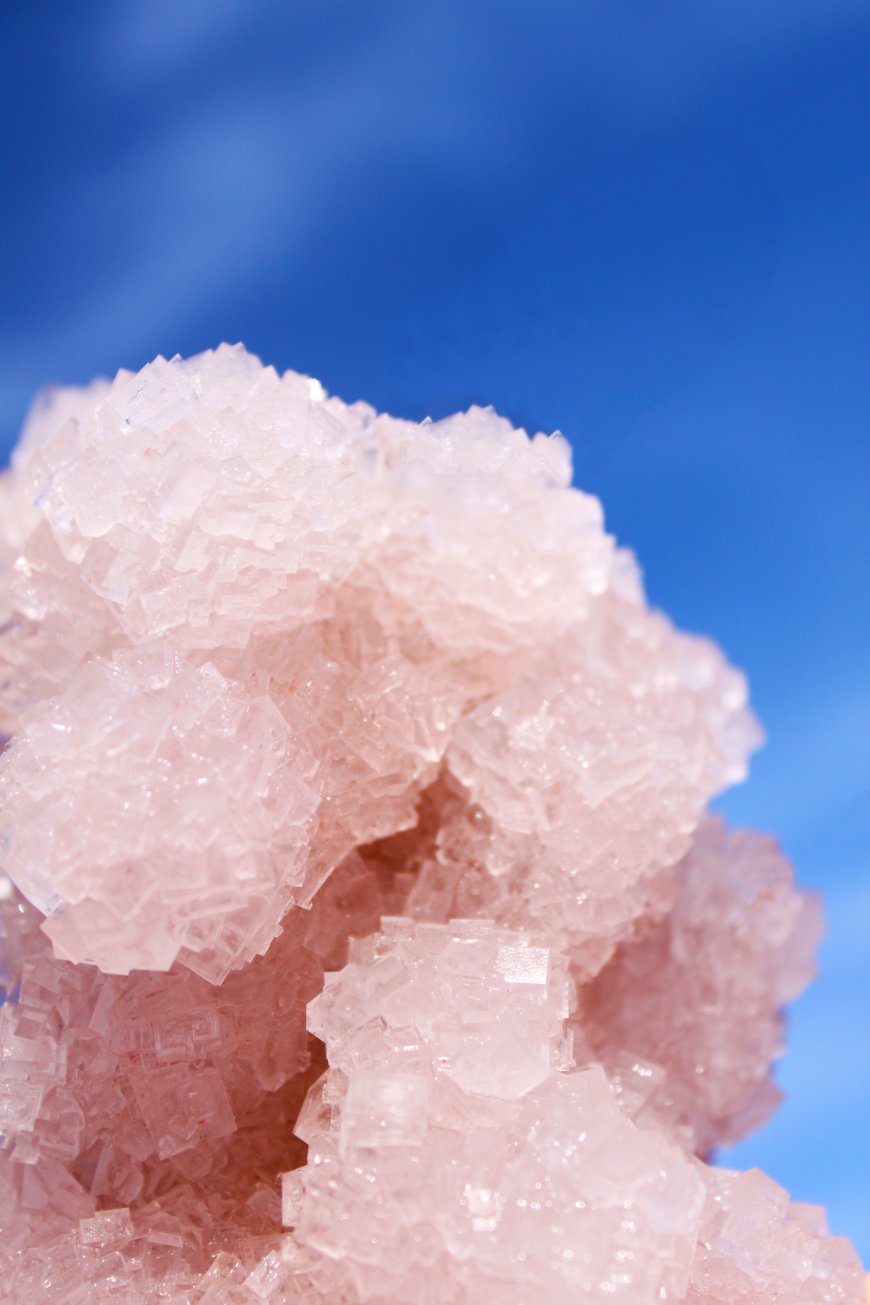
This approach encompasses the meticulous management of seawater flow and efforts to preserve the biodiversity of salt marshes, contributing to the overall environmental health of the coastal region. The production method relies on slow evaporation powered solely by sun and wind, offering a significantly cleaner alternative to mass-production methods.
Today, restaurants around the globe employ 'selmeliers' to advise diners on which salt to choose for which dish. Much like soldiers in ancient Rome were often given an allowance to buy salt (known as ‘salarium’ which is the origin of the word ‘salary’), high-quality varieties of the condiment remain a staple of well-crafted dishes and refined flavor palettes. As for La Baleine’s 90 years of true-to-the-sea salt – it’s definitely a cause for celebration.
